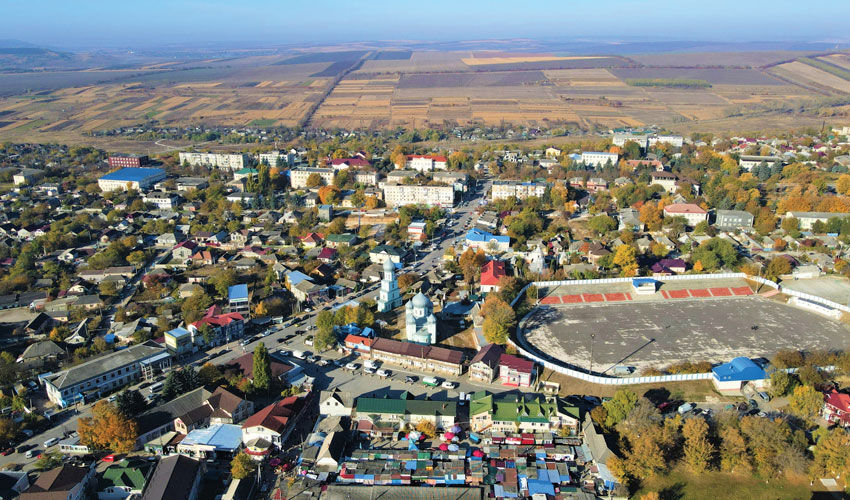
Currently, the situation in the field of control over the application of spatial planning documentation is associated with a number of problems that require the intervention of competent authorities. In particular, the process of development of spatial planning documentation in accordance with the requirements of normative documents in construction is not controlled. The lack of a legislative framework at the national level for the expertise of such documentation leads to different interpretations and inconsistent application of legal norms. The expert review process is not harmonized with international best practices, which affects the quality of spatial planning projects.
The Expert Evaluation Commission under the State Institution “Department for Territorial Planning, Urban Planning, Construction and Housing” will carry out the expertise of the territorial planning documentation.
Its powers include verification and confirmation of compliance of the territorial planning documentation with the requirements established by the normative acts in the field of construction. Verification of impact assessment on the environment and existing infrastructure, natural resources and the quality of life of the population. Confirmation that spatial planning projects contribute to the efficient use of territorial resources. Providing recommendations and comments to the developed documentation, thus ensuring a correct and justified process of urban and territorial development.
Ultimately, it is envisioned that the introduction of the State Expertise will lead to balanced spatial planning between regions, thus avoiding an imbalance between developed and disadvantaged areas. Setting priorities in the field of infrastructure (transportation, education, health care, public utilities). Correct examination of these plans implies a consistent and realistic policy for the territory, protecting local communities, ensuring that vulnerable communities, historic areas or protected natural areas are not affected. Spatial planning based on professional expertise can help combat spatial and social exclusion (i.e. isolated rural areas, communities without access to utilities or transportation).



